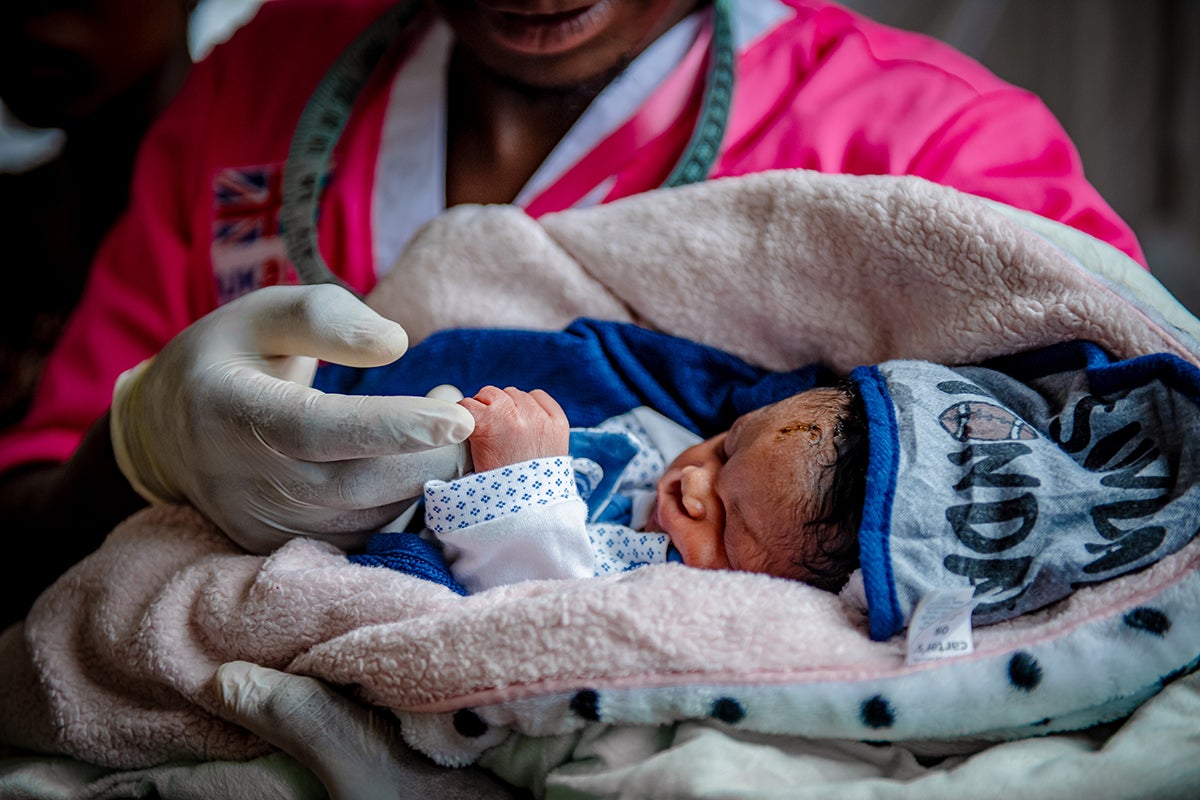
“I saved four lives in one night”
Midwives averting crises in the Democratic Republic of the Congo
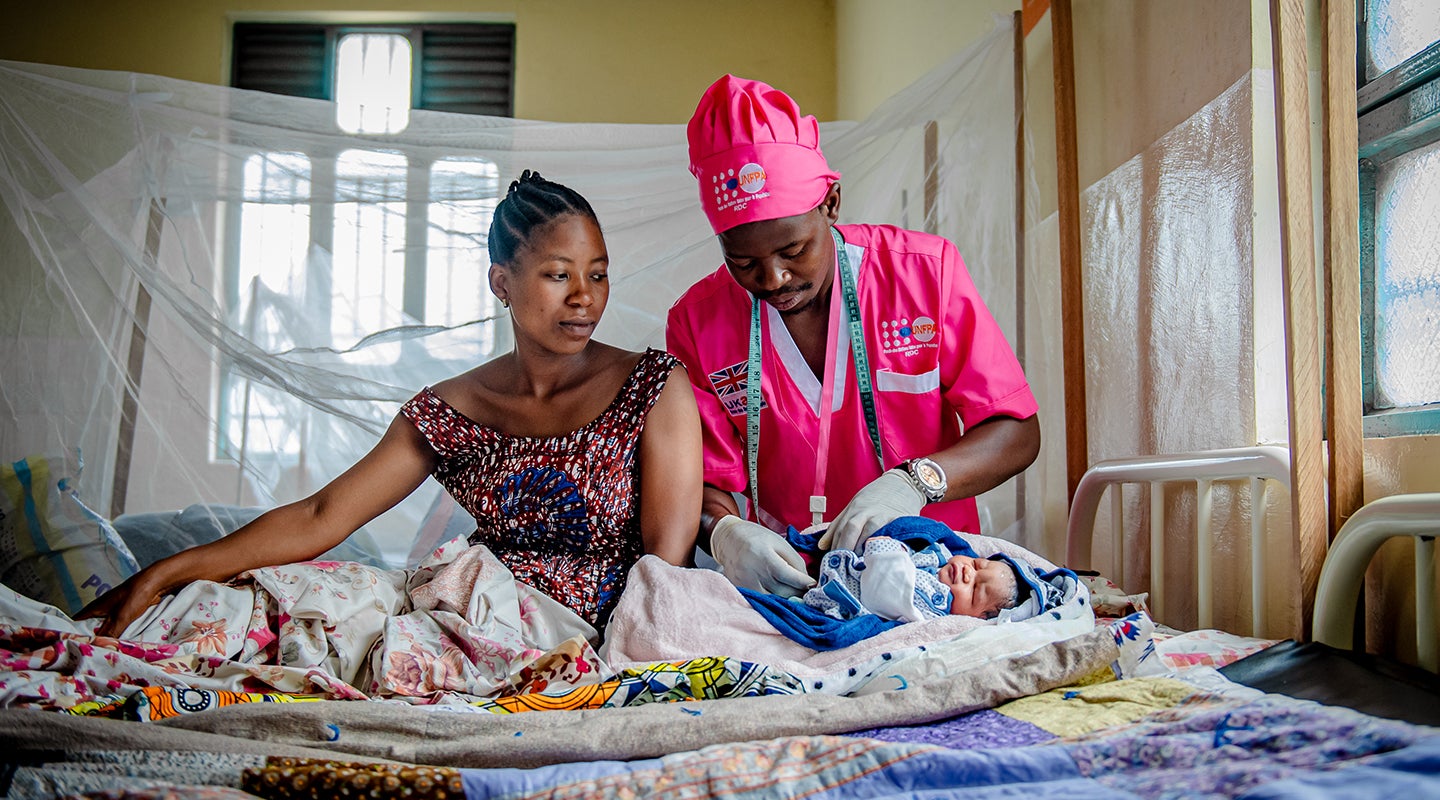
Loti Kubuya Mielor, a midwife supervisor in Goma, in the Democratic Republic of Congo remembers the moment vividly. “It was 2 January 2023… a woman pregnant with quadruplets gave birth under my supervision. After the delivery of her four babies, she suffered a severe postpartum haemorrhage.”
With decisive action, Loti and his team stabilized the mother in under seven minutes. “She was losing blood rapidly. Without immediate intervention, she might have gone into shock from the blood loss, which can be life threatening,” Loti recalled.
He drew on his training, swiftly administering the necessary medication, stopping the bleeding and replacing lost fluids. “In those moments, there is no room for error,” said Loti.
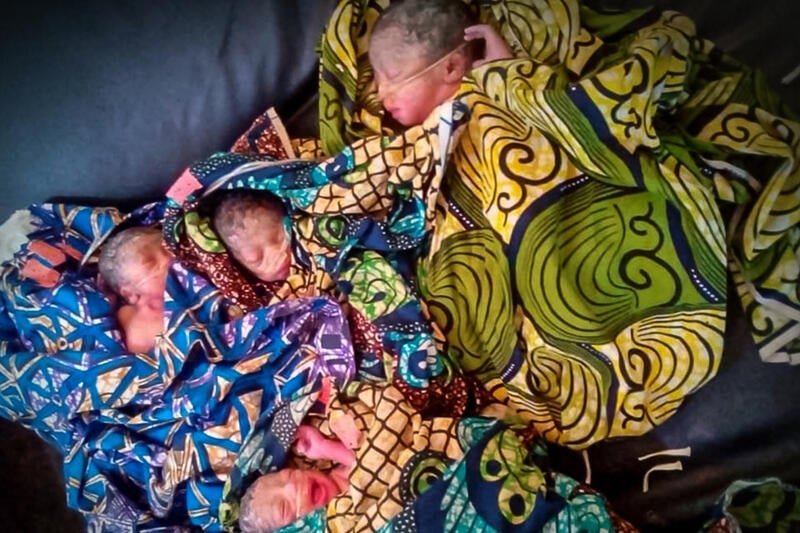
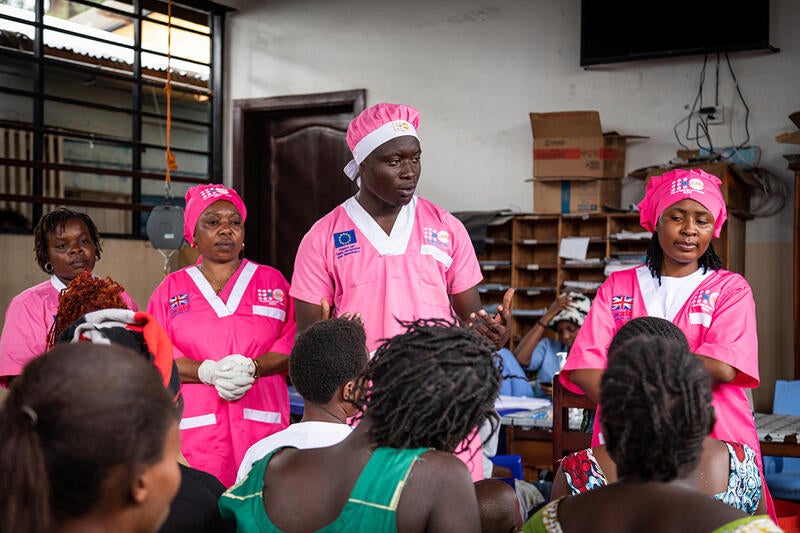
Two years later, Loti still carries photos of the quadruplets on his phone.
“Every time I look at them, I feel the same pride and emotion. They remind me why I chose to become a midwife – to protect lives like theirs.”
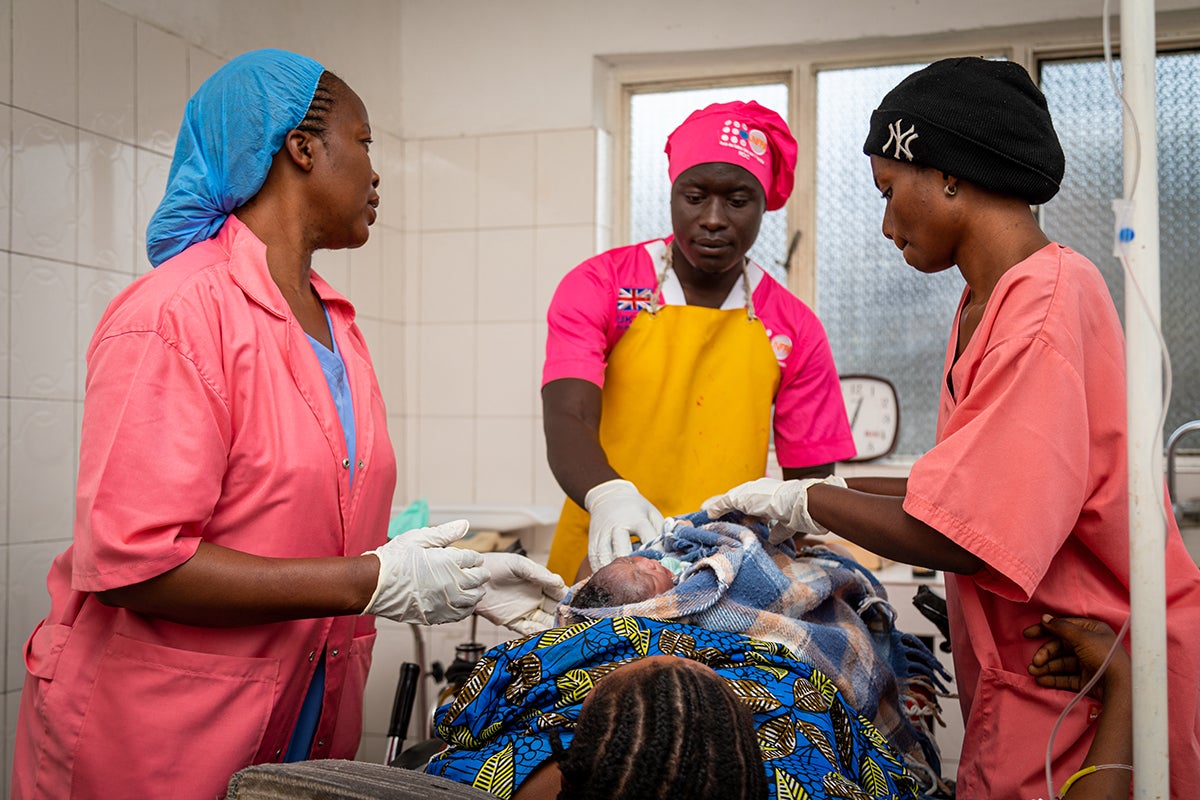
Midwives are critical in every crisis. In many emergencies, they are the first – and sometimes only – source of care for pregnant women and their newborns facing life-threatening complications. In conflict-affected regions such as eastern Democratic Republic of the Congo, the risk of maternal and neonatal mortality often doubles due to disrupted health systems and limited access to essential services.
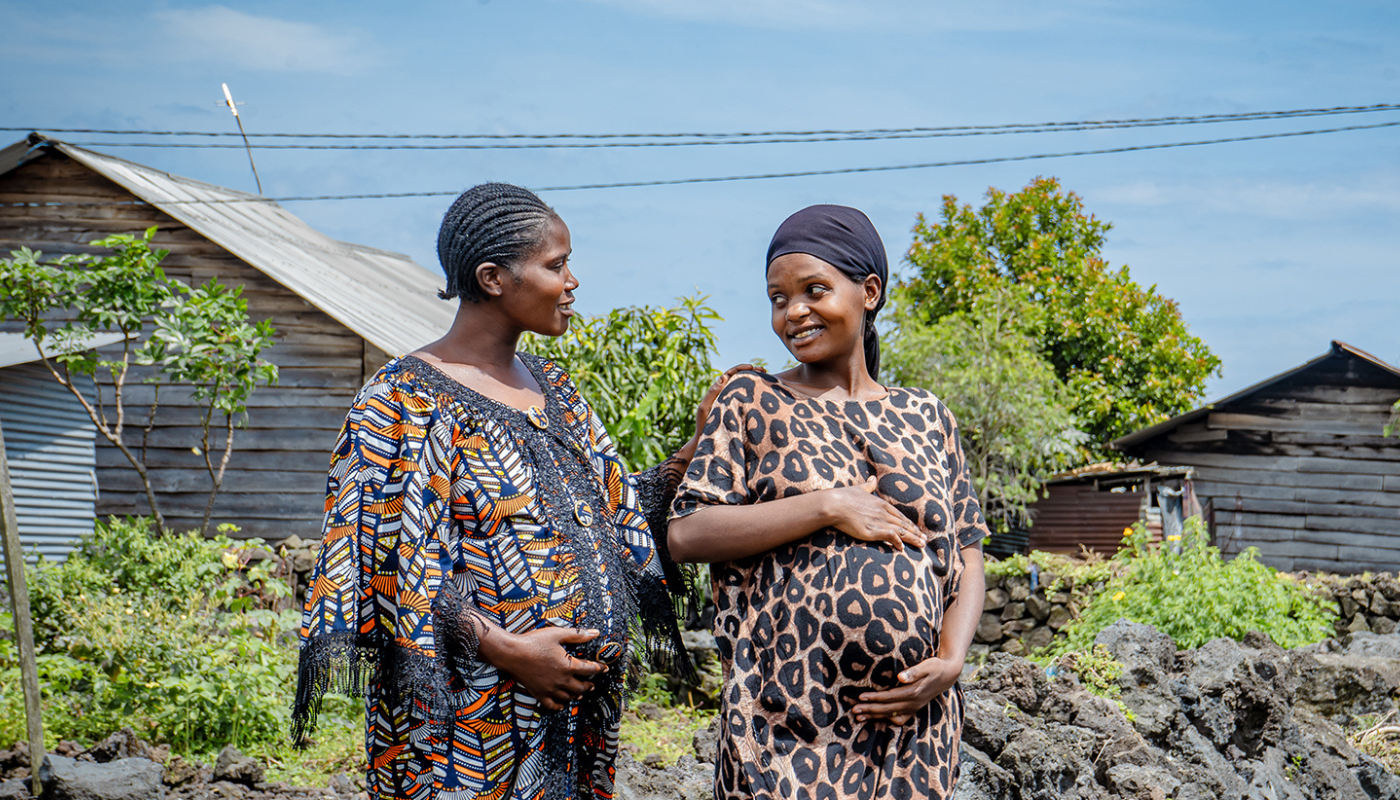
The conflict in eastern Democratic Republic of the Congo has escalated sharply since late 2025, displacing millions and leaving women and girls with limited access to contraception, emergency obstetric care, or protection from sexual violence.
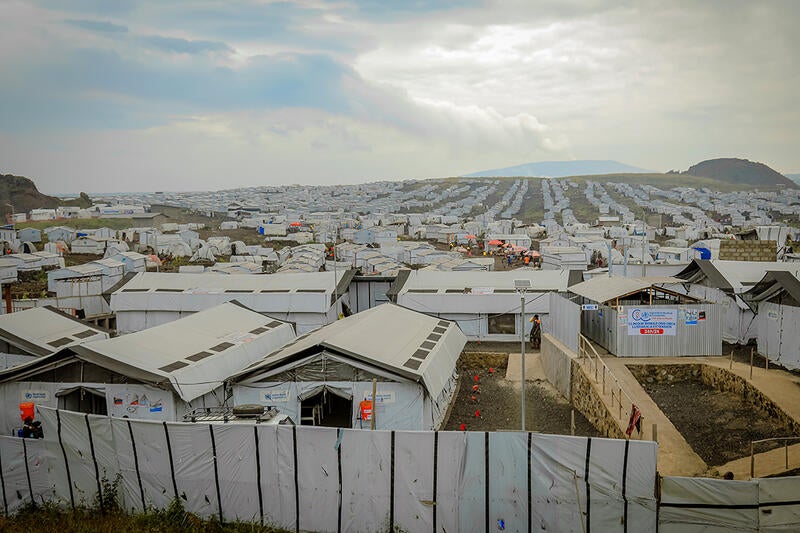
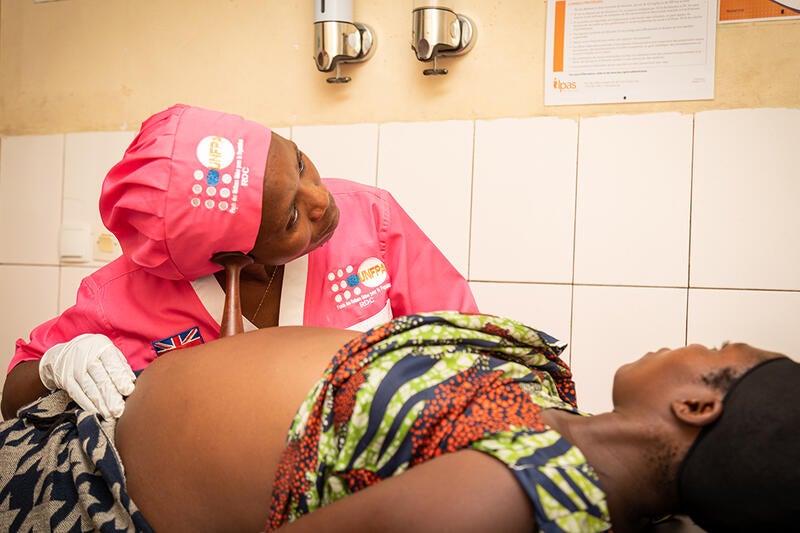
To respond, UNFPA, the United Nations sexual and reproductive health agency, has launched an emergency operation to expand sexual and reproductive health services across three health zones in North Kivu, which includes Goma. This support includes deploying clinical psychologists and 138 midwives, distributing reproductive health kits, and raising awareness among the community on family planning options and gender-based violence prevention.
Even so, ongoing insecurity has forced the suspension of some mobile health clinics, leaving significant gaps in care.
Obedi: “This is why I am a midwife.”
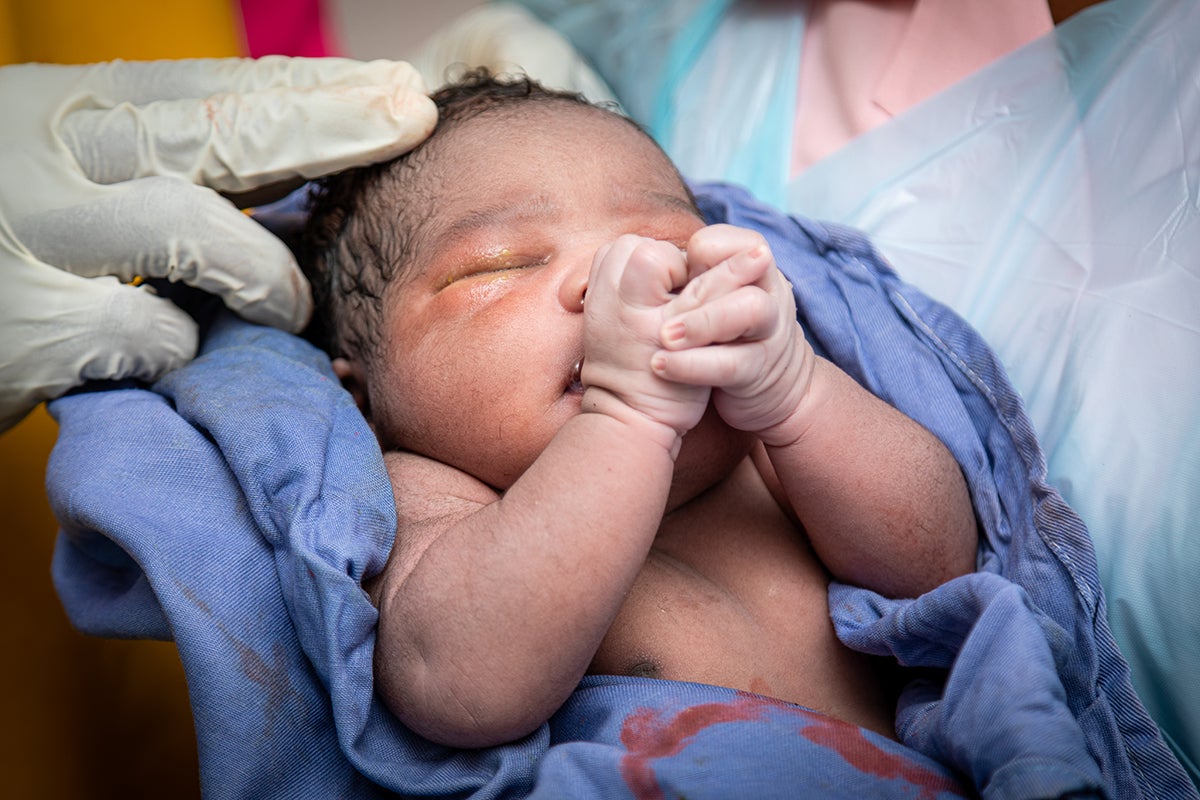
For Obedi Lumoo Bikoma, a midwife at Goma’s Turunga Health Centre, a routine night shift turned into a life-or-death situation when a woman in labour arrived with the baby’s foot presenting first – a dangerous complication called ‘breech birth’. Alone on duty, with no ambulance or surgical support, Obedi acted quickly.
“I repositioned the baby’s foot back inside the uterus, then performed an internal manoeuvre to guide the head into place,” he said. “I assisted a vaginal delivery, saving both the baby and the mother.”
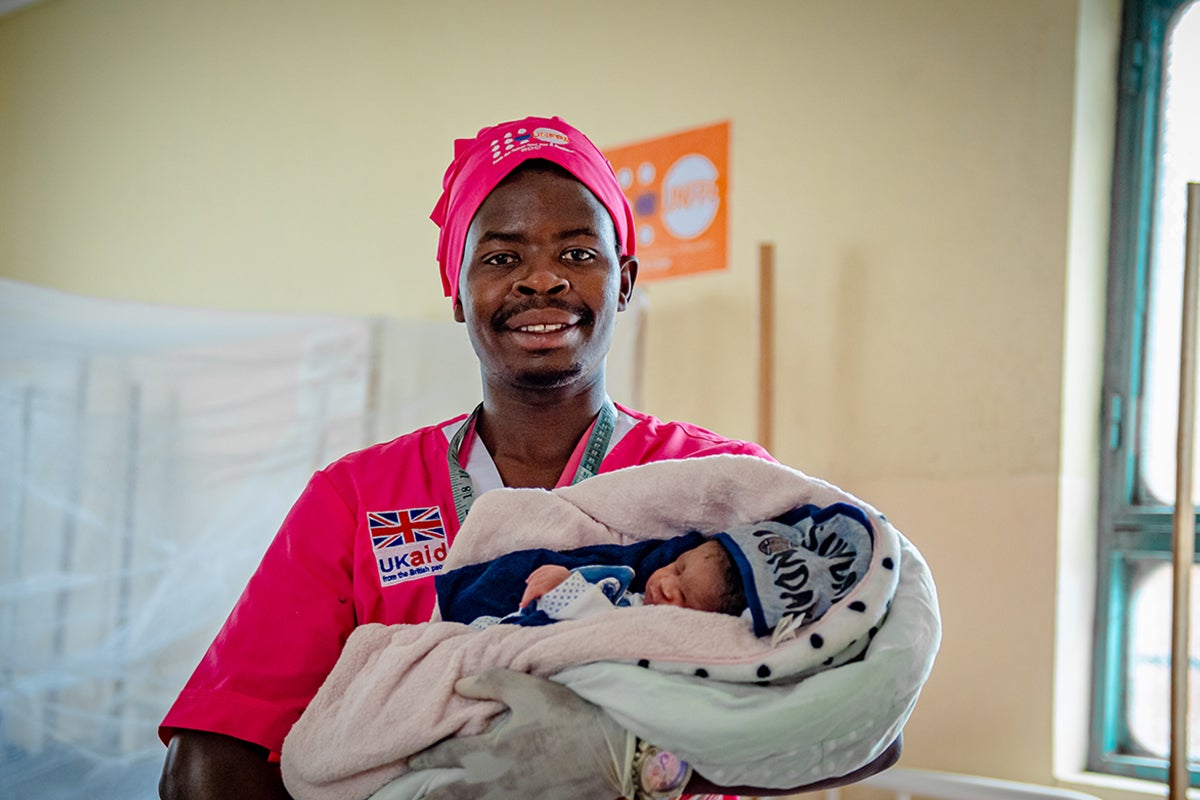
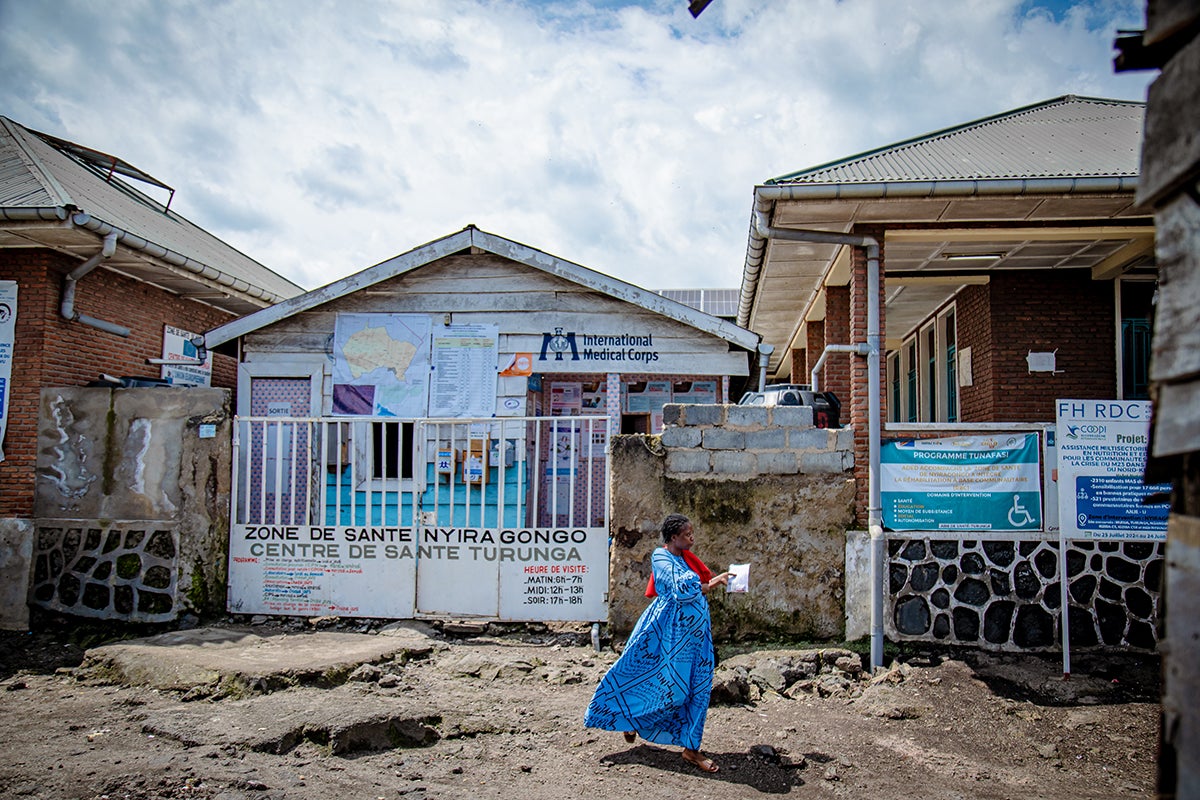
The experience reinforced Obedi’s commitment to midwifery. “I felt great pride and immense gratitude. Since that experience, I am no longer afraid to face complicated situations. It was a decisive moment for me in my profession.”
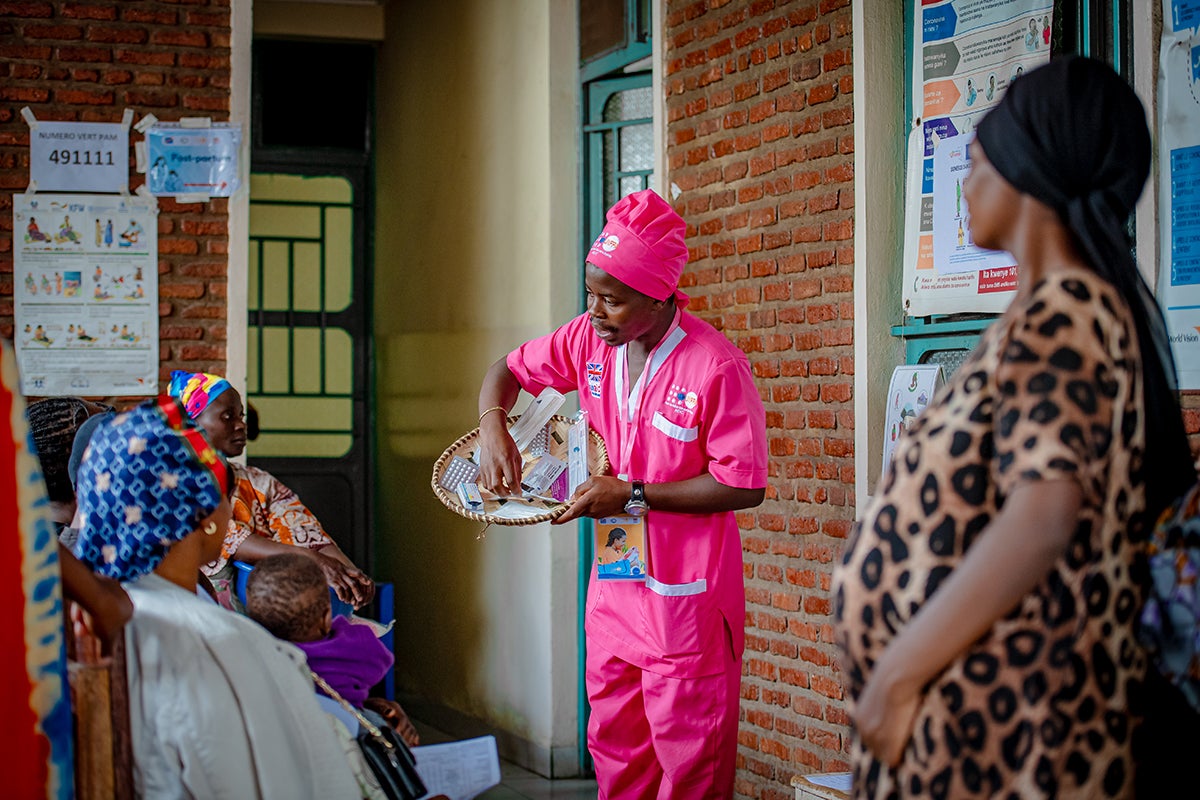
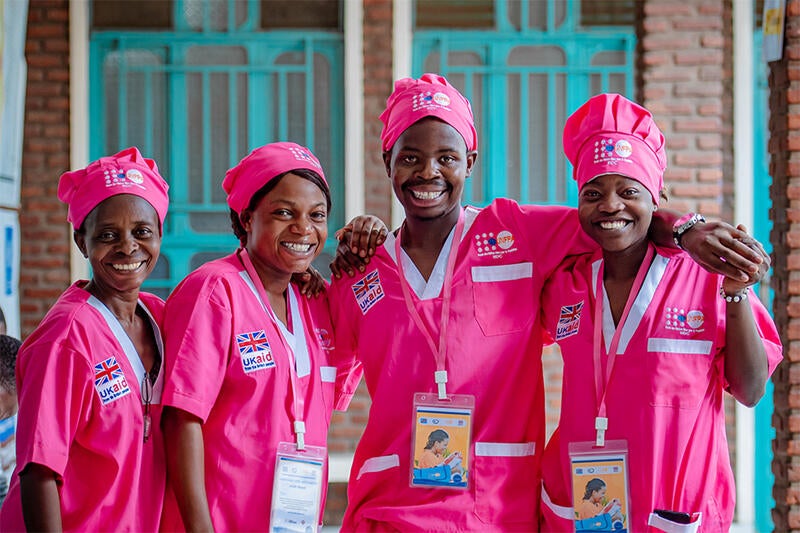
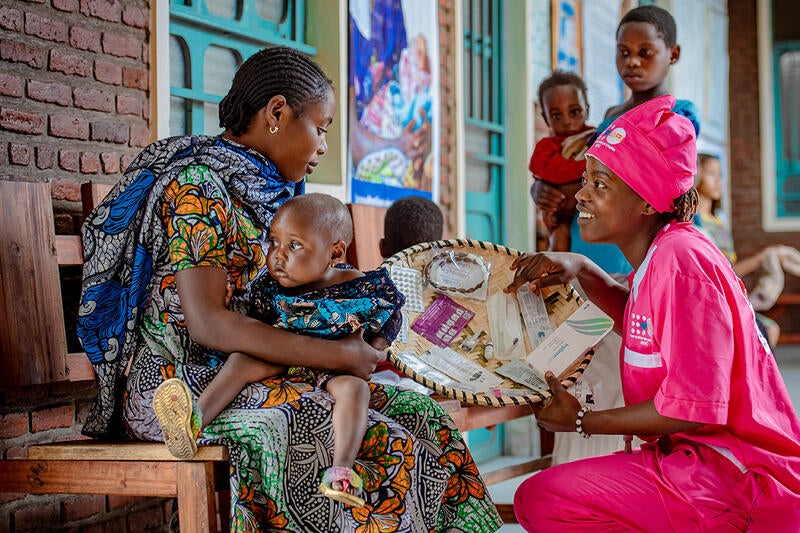
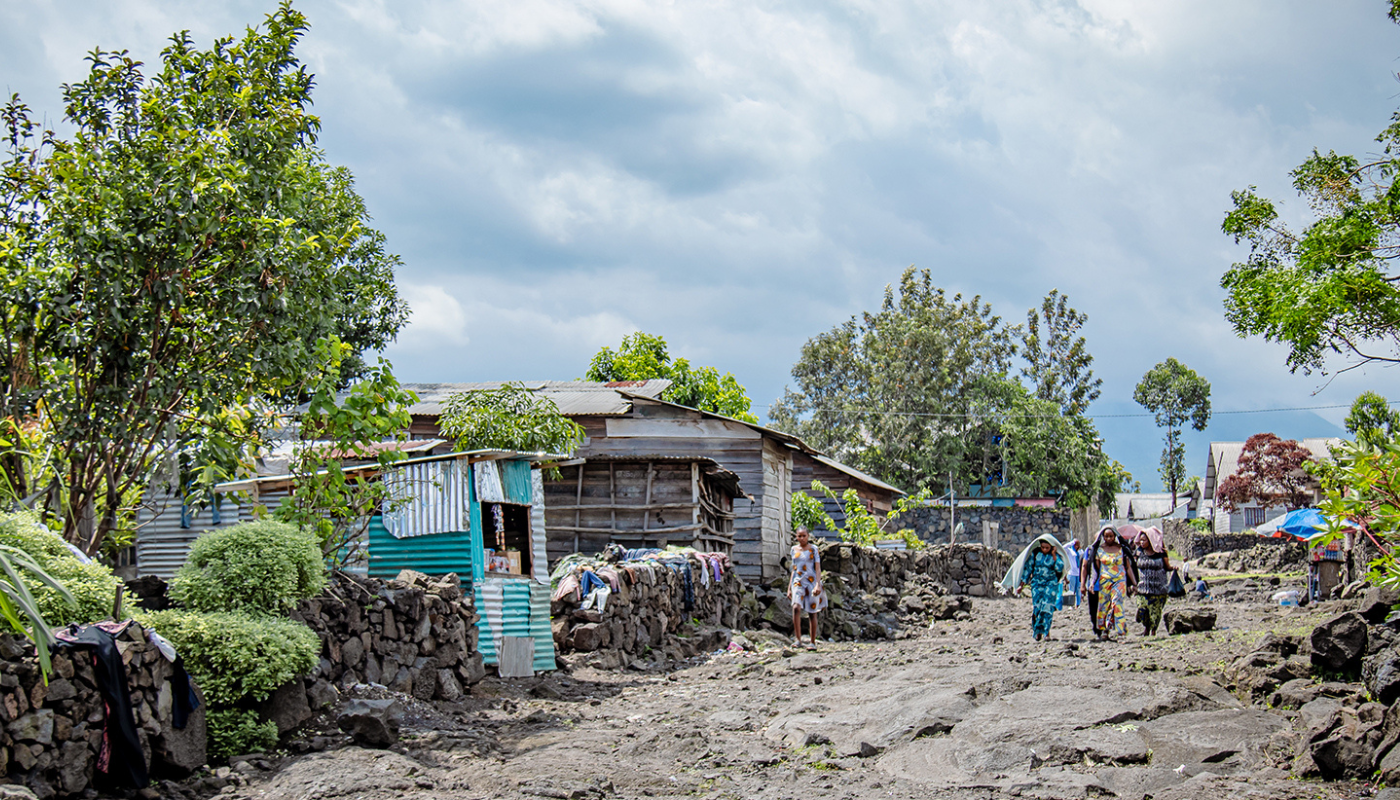
Espérance: “An unforgettable night.”
At the Kyeshero General Hospital, head midwife Espérance Kibuya faced a complicated delivery: A shoulder dystocia – where the baby’s shoulders become stuck during delivery – followed by the surprise of unforeseen triplets. “I repositioned the mother, used pressure to help align the baby’s shoulders, and guided the delivery safely,” she recalled.
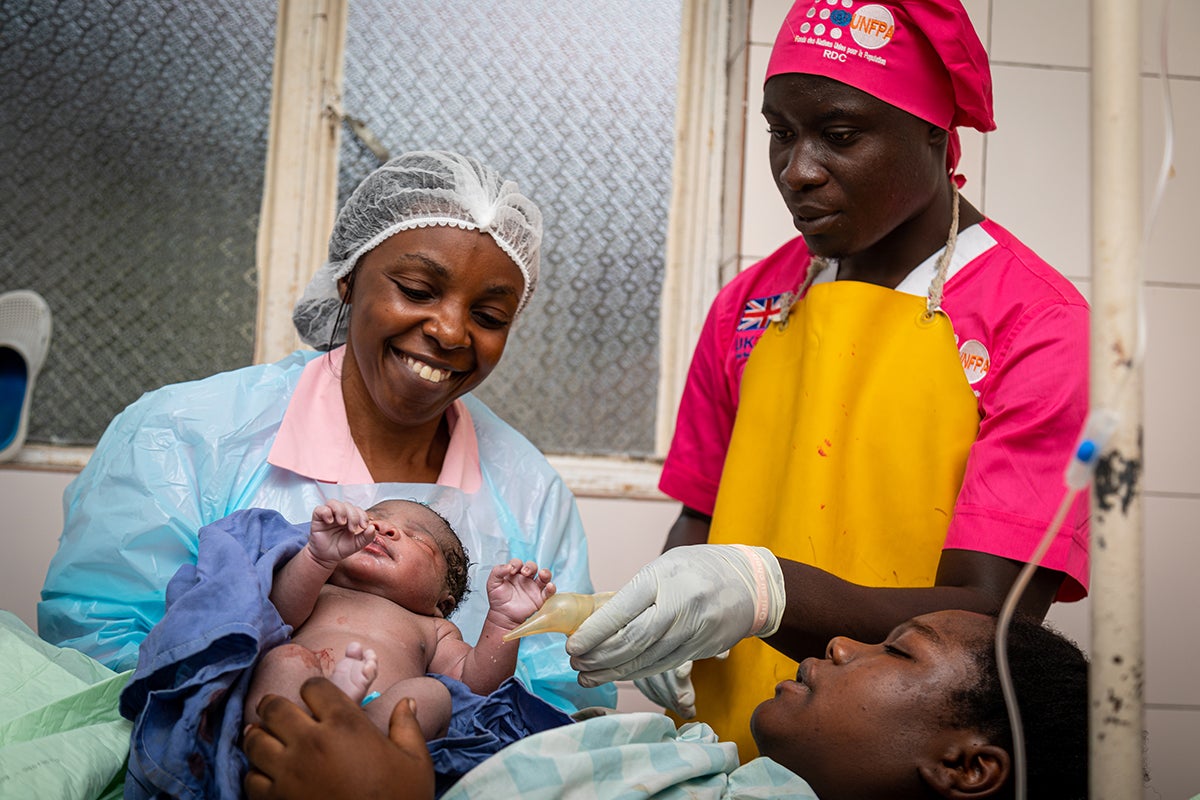
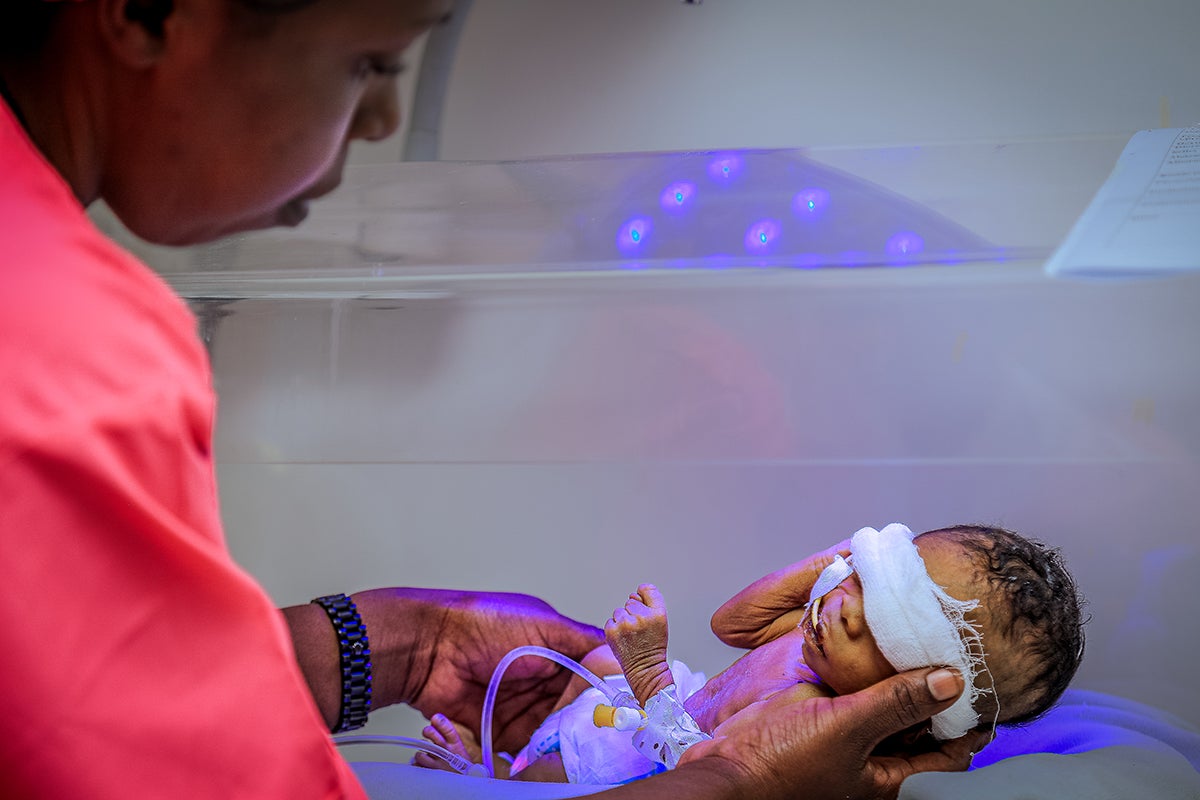
Espérance delivered all three babies safely, saving the mother and her sons. “It was an unforgettable night… with my calmness, and the skills I gained through training, I was able to save four lives.”
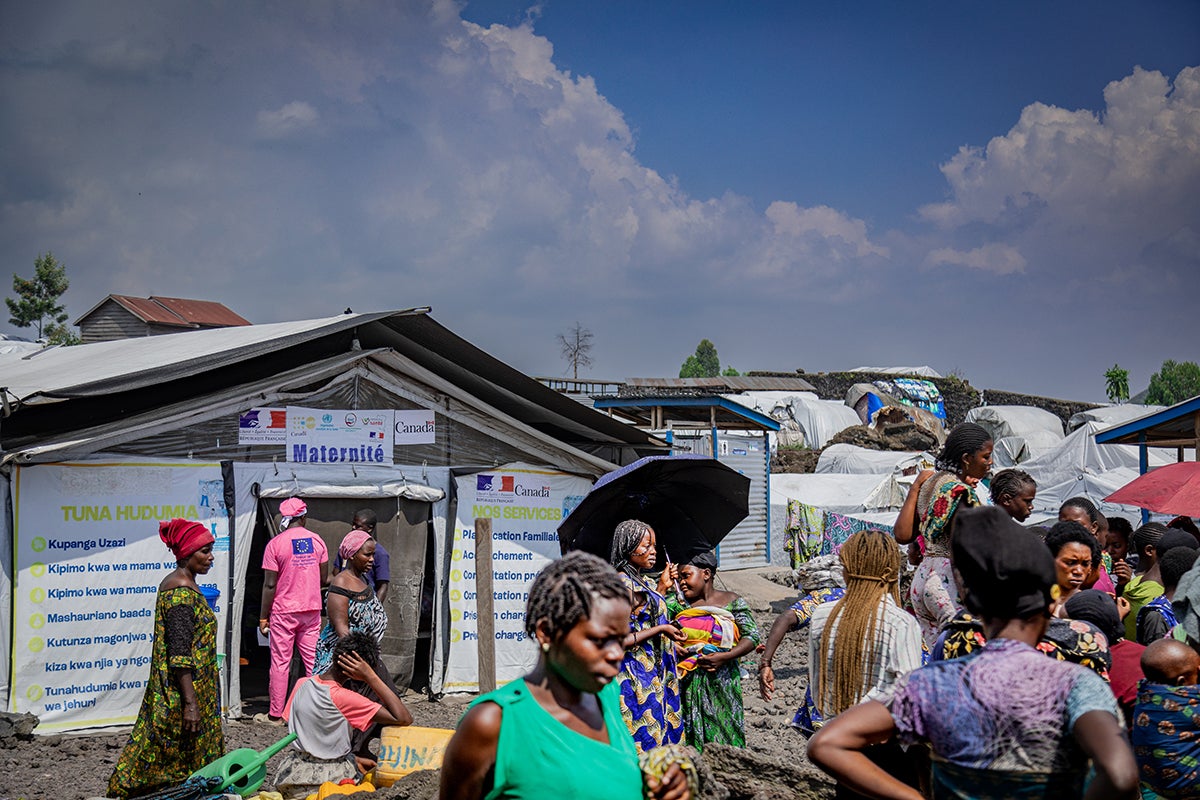
Strengthening the role of midwives in crisis settings like the Democratic Republic of the Congo is critical – and life saving. Midwives can deliver 90 per cent of essential sexual, reproductive, maternal and newborn health services.
Despite their critical role, global investment in these professionals is lagging severely behind. There’s a shortfall of nearly 1 million midwives worldwide, and recent cuts in development and humanitarian assistance threaten progress further. Funding shortages translate into a death sentence for many in the Democratic Republic of the Congo, which accounts for 7 per cent of the world’s maternal deaths. Without urgent funding and support, many more women and newborns will be left behind – and preventable deaths will continue to rise.
